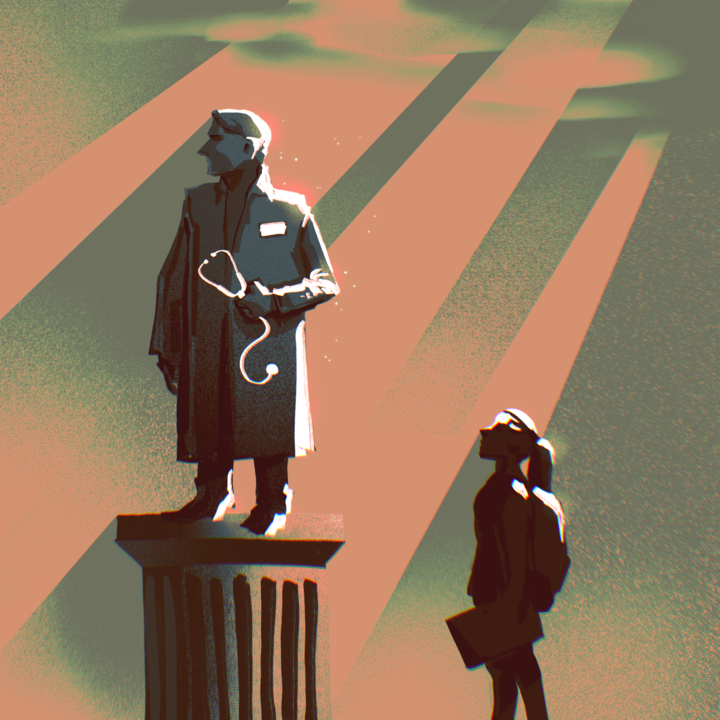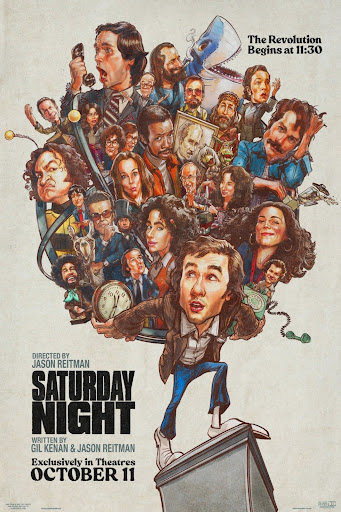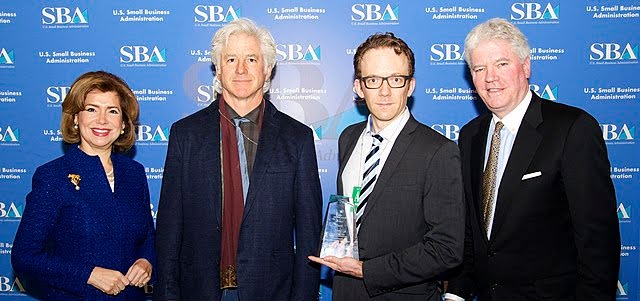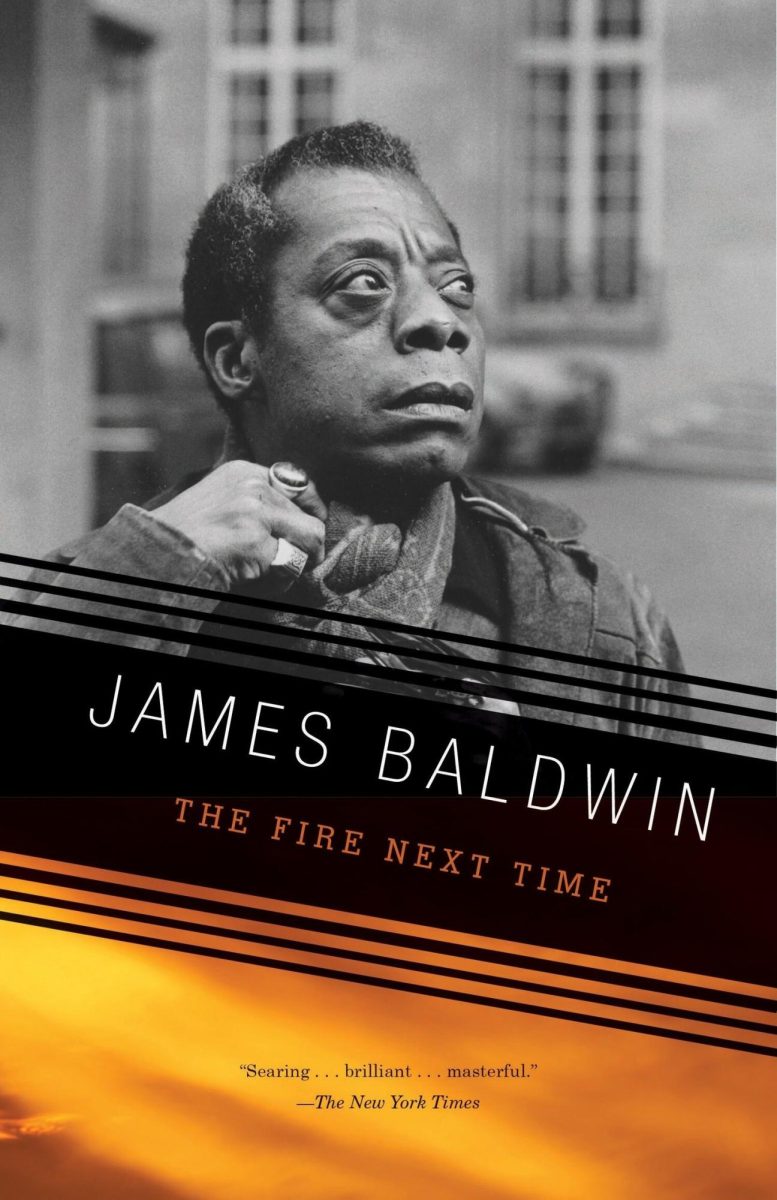In a recent case, the U.S. Supreme Court ruled that police cannot extend the length of a routine traffic stop in order to stall while waiting for drug-sniffing dogs to arrive. This decision was made in response to the case of Rodriguez v. United States, wherein a citizen was pulled over for driving in the median, ticketed and then held for seven to eight minutes while backup — which included the dog — arrived, despite the citizen’s refusal to allow a dog to sniff his car. A bag of methamphetamines was found, and the man was arrested. The entire ordeal took place over the course of 29 minutes.
On its surface, this arrest does not seem significant. The police pulled a man over, ticketed him for his offense and subsequently discovered illegal drugs in his possession. The methods used to discover these drugs, however, were unjust and a violation of Rodriguez’s rights. In a previous case, Illinois v. Caballes (2005), the court ruled that the use of drug-sniffing dogs in routine traffic stops does not violate the Fourth Amendment as long as the stop is not “prolonged beyond the time reasonably required to complete that mission.” By stalling past the time needed to issue a traffic citation, the court decided the officer had encroached upon the law from the previous decision.
With nearly weekly incidences involving police procedures coming to light, this decision both sets an important precedent and strengthens the authority of the Fourth Amendment, which protects citizens from unreasonable searches and seizures.
“The implications [of the decision] are important, particularly in border states where these ‘de minimis’ delays were frequently used to investigate violations of immigration law,” said Jane Bambauer, a UA associate professor of law. “The Rodriguez opinion shuts down the possibility that a driver can be held for even a second longer than necessary to pursue an investigation of immigration status.”
The 6-3 decision was absolutely correct and serves as part of an increasing need for strict limits on the range of power that can be employed by police officers in the U.S. The ruling will also play a significant role in Arizona, which has found itself multiple times making headline news as a result of new immigration laws that allow police to profile based on race.
This single resolution, however, is not enough to protect the rights of the people against unnecessary searches that continue to be made, or against the blurred lines that have developed regarding what constitutes a “probable cause” for police to search without a warrant.
The dissenting opinion in the Rodriguez case, although arguing in favor of police to extend traffic stops, highlights the need for further laws limiting police power. Justice Clarence Thomas, writing for the minority opinion, claimed the presence of an air freshener in Rodriguez’s car was grounds for probable cause that Rodriguez was hiding drugs. If this were the case, police would have a right to search millions of cars, simply because of their fresh scents.
A need to limit police can be found in numerous cities. In a separate — but no less disturbing — abuse of search power, an 11-year-old boy in Kansas who corrected a drug education teacher about medical marijuana led to the police acquiring a warrant to his mother’s home. Eventually, police found the drug inside and removed custody of her son.
The issue is that these extreme uses of police power are not isolated incidents. Instead, they are becoming progressively common, and, to an unfortunate extent, expected. Decisions such as the one in Rodriguez v. United States are important, because they limit police power while still allowing officers to fulfill their stated mission: serving the people.
While this verdict is a step in the right direction, the knowledge that some members of the Supreme Court consider an air freshener to be probable cause is still particularly unsettling, considering the level of police abuse already rampant in the U.S.
_______________
Cooper Temple is a sophomore studying economics and Middle Eastern & North African studies. Follow him on Twitter.








